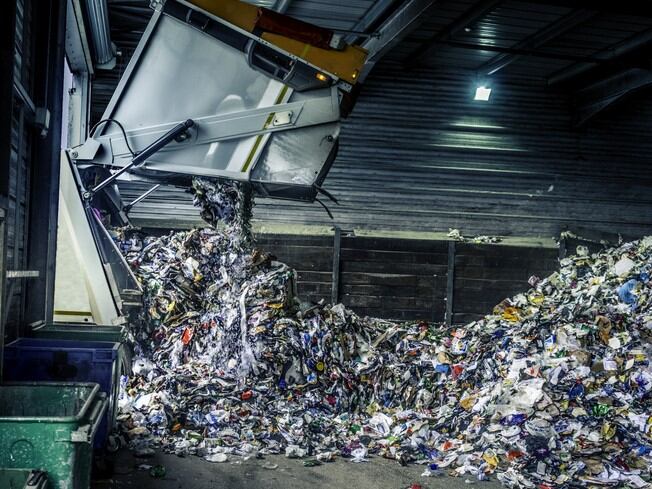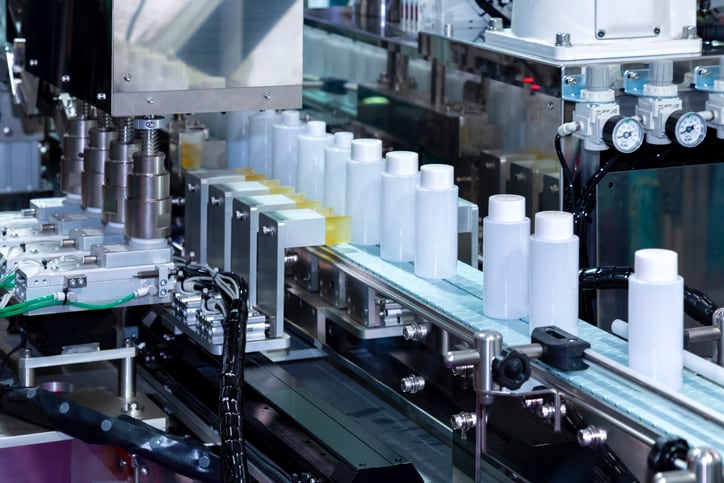Just last week, 100+ businesses across the entire packaging value chain signed an Ellen MacArthur Foundation statement calling for mandatory industry responsibility in recycling. The signatories, including several large beauty players like Beiersdorf, Henkel, L’Oréal and Unilever, called for recycling costs and responsibilities to be covered by all those involved in the production and distribution of packaging via global Extended Producer Responsibility (EPR) schemes.
According to the Organisation for Economic Co-operation and Development (OECD), EPR was a “policy approach under which producers are given a significant responsibility – financial and/or physical – for the treatment or disposal of post-consumer products”.
So, could this work to drive forward a circular economy? And, more specifically, how important was this concept for the beauty industry?
EPR is a ‘brilliant and important tool’ but funding must be well-targeted in beauty
“EPR is a brilliant and important tool in the toolkit, in addition to other measures like Deposit Return Schemes (DRS), voluntary EPR – i.e. brands creating their own take-back programmes, and reuse models,” said Tom Szaky, CEO of US-headquartered private recycling major TerraCycle.
Szaky told CosmeticsDesign-Europe he was “thrilled” to see the raft of major beauty signatories on the Ellen MacArthur Foundation statement, many of whom were also TerraCycle partners.
For the global beauty sector, however, he said any EPR schemes introduced would have to be smart in where funding was distributed.
“The key will be unlocking major funding specifically for collection and recycling of beauty waste, as in many countries where there is established EPR, most cosmetic packaging is still not recycled,” he said.
“This is because EPR doesn’t make everything recyclable, instead it improves the business model of recycling. In other words, things that were recyclable become more profitable to recycle and as such recycling rates increase.”
Macro-economic climate creating pressure on recycling models
Back in April, during CosmeticsDesign’s Circular beauty - Sustainable sourcing | Green chemistry | Eco-design webinar – now available to watch on-demand – Szaky said current recycling models and systems weren’t cut out to guarantee a truly circular future.
“The macro-economic climate to make recycling robust is actually going in the wrong direction,” he said during the webinar, as oil prices became suppressed and made it hard for recyclers to stay profitable and Southeast Asian countries such as China halted import of materials.
EPR schemes like those outlined in this industry-signed statement, therefore, could spark important change, he said, along with the continued development of reuse models.
But which was more important moving forward – reuse or EPR initiatives?
“Both are important and not competitive,” Szaky said. “EPR is key for disposable products, while reuse moves away from disposable products all together and is typically not subject to EPR legislation. We should do both at scale as not all consumers will want reuse.”
'In the vacuum of money, everything can be recycled' but it's about end value
Either way, he said fast-paced and innovative change was necessary if beauty, and other industries, were to become truly circular. And, importantly, focus had to be placed on the end-value of packaging for waste management, recycling or composting companies, he said.
“In the vacuum of money, everything can be recycled, but (…) what really should be asked is: is this helping your profitability? Are you actually going to sort it out to contribute to your profit or are you going to ignore it on the sorting line? Because when you recycle something in the recycling bin, it doesn’t mean it’s going to be recycled, it just means it’s going to go onto a sorting line where the organisation, the recycler, will choose what it wants to recycle. And they’re going to be choosing what is valuable. That’s the most important aspect here.”




